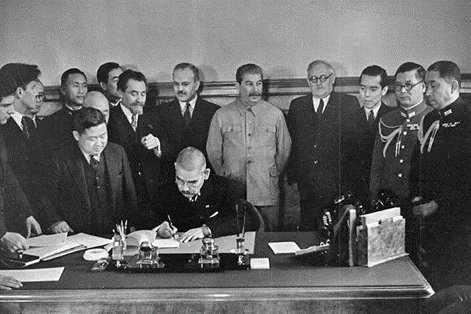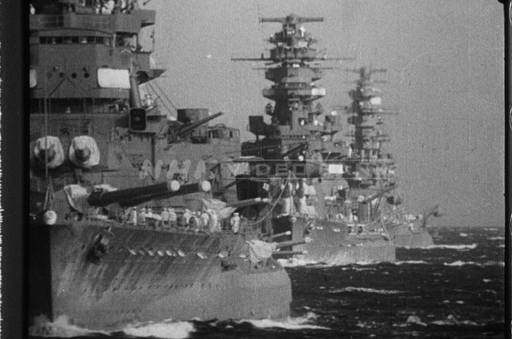

Could the Germans have won Operation Barbarossa?
Could the Germans have won Operation Barbarossa? The success of Operation Barbarossa, the German invasion of the Soviet Union in 1941, was theoretically possible but faced several significant challenges that ultimately led to its failure. A few factors could have potentially led to a different outcome:
Better Strategic Planning:
The Germans underestimated the vast size of the Soviet Union, the resilience of the Soviet people, and the severity of the Russian winter. A more realistic assessment of the logistical requirements and a clearer long-term strategy could have given them a better chance.
Earlier Start:
Operation Barbarossa began on June 22, 1941. Delays due to the Balkans Campaign (in Greece and Yugoslavia) postponed the invasion, reducing the window of good weather. Starting the operation earlier could have allowed the Germans more time to achieve their objectives before winter set in.
Focus on Moscow:
The Germans were divided between three objectives: Leningrad, Moscow, and the oil-rich Caucasus. A more concentrated effort on capturing Moscow might have disrupted Soviet communications and logistics significantly, perhaps even leading to a collapse of Soviet resistance in the western regions.
Improved Intelligence:
German intelligence underestimated Soviet military strength, both in terms of manpower and industrial capacity. If the Germans had better intelligence and planned accordingly, they might have been able to prevent being overwhelmed by Soviet reserves.
Avoiding a Two-Front War:
Engaging the Soviet Union while still fighting Britain exposed Germany to a two-front war. The entry of the United States into the war in December 1941 made the situation even worse. A successful diplomatic solution or even a delay in the opening of the Eastern Front could have allowed Germany to concentrate its forces better.
Better Logistical Preparation:
The German supply lines were stretched thin as they advanced deep into Soviet territory. They also faced inadequate road and rail networks, which hindered the delivery of crucial supplies. Better logistical planning and the use of appropriate transport infrastructure might have mitigated these issues.
Securing Allies’ Commitments:
The Axis powers did not fully commit their resources to Operation Barbarossa. A stronger commitment from Germany’s allies, such as Italy, Hungary, and Romania, with more troops and better equipment, could have bolstered the German effort.
Despite these possible adjustments, winning Operation Barbarossa would have remained incredibly difficult due to several factors beyond German control, such as the sheer size of the Soviet Union, the capacity of Soviet industry to relocate beyond the Ural Mountains, and the resilience of the Soviet population. Additionally, the brutal Russian winter and the determined Soviet resistance, including effective leadership changes under Stalin, presented formidable obstacles that would have challenged even the best-laid German plans.




